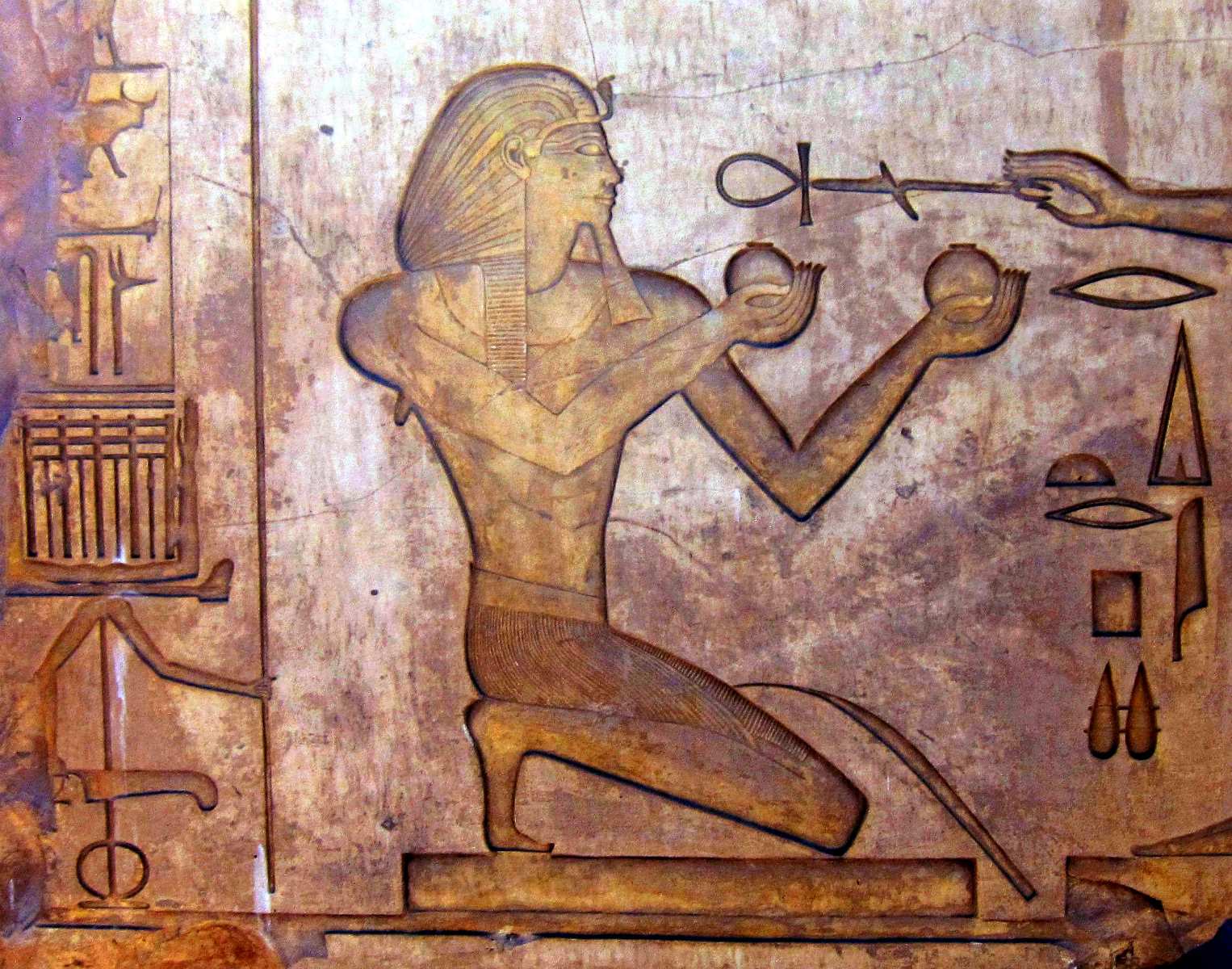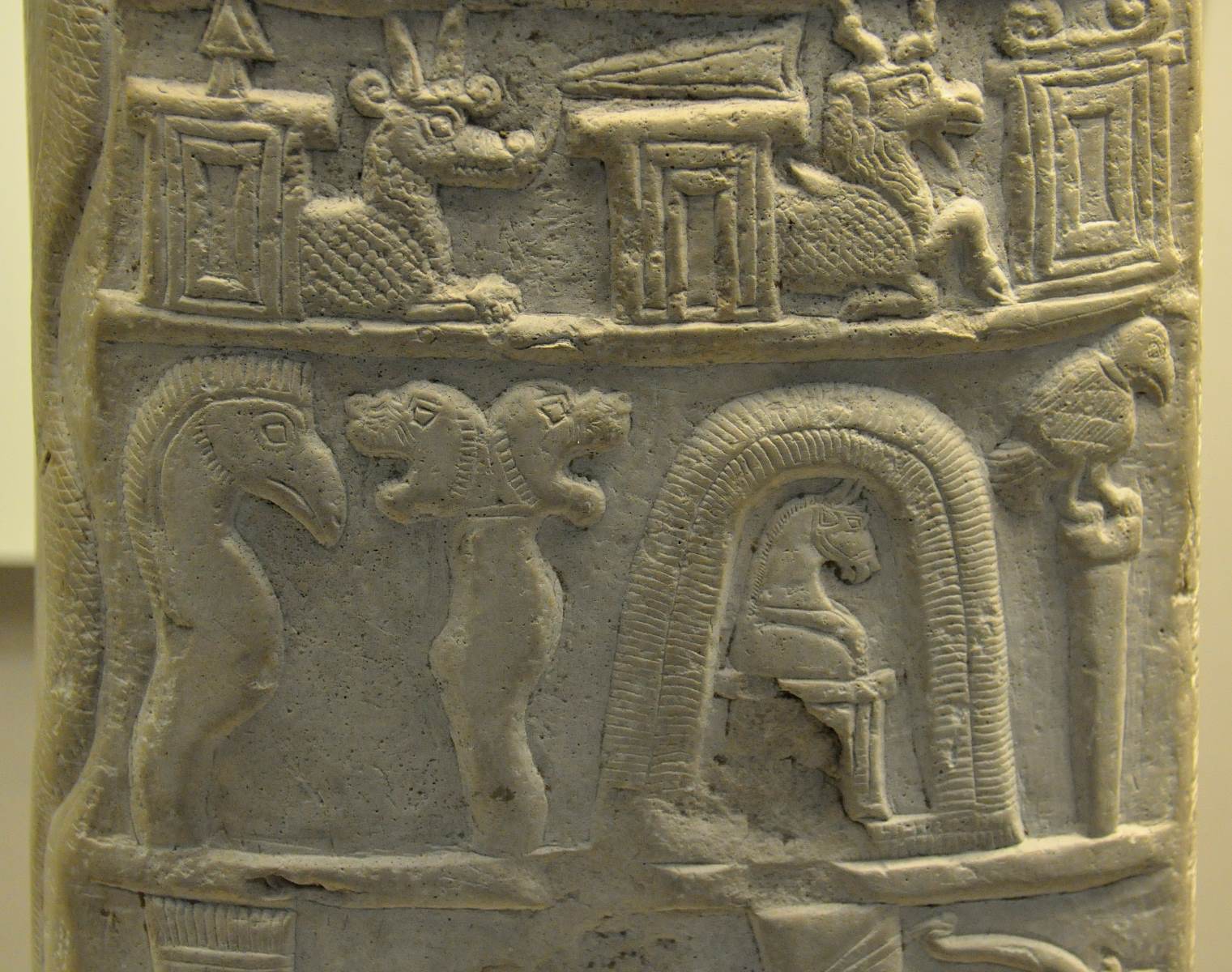
Thutmose II, often overshadowed by his more famous successors, played a crucial role in ancient Egypt's military history. Did you know that Thutmose II's campaigns laid the groundwork for Egypt's later expansions? Born to Thutmose I and Queen Mutnofret, he ascended the throne around 1493 BCE. His reign, though short, was marked by significant military actions, especially in Nubia and the Levant. These campaigns not only secured Egypt's borders but also ensured the flow of valuable resources like gold and cedar. Despite facing internal challenges, Thutmose II's strategic prowess and military acumen set the stage for the golden age of Egyptian imperialism under Thutmose III.
Early Life and Accession
Thutmose II, the fourth pharaoh of the 18th Dynasty of Egypt, had a reign marked by both internal and external challenges. His campaigns, though not as extensively documented as those of his successor Thutmose III, played a crucial role in maintaining Egypt's stability and territorial integrity.
-
Thutmose II's Background
Thutmose II was the son of Thutmose I and a lesser wife, Mutnofret. His ascent to the throne was facilitated by his marriage to his half-sister, Hatshepsut, who was the daughter of Thutmose I and his Great Royal Wife, Ahmose. -
Short Reign
Thutmose II's reign was relatively short, lasting approximately 13 years. Despite this, he managed to conduct several military campaigns to secure Egypt's borders and suppress rebellions.
Military Campaigns in Nubia
Thutmose II's campaigns in Nubia were pivotal in maintaining Egyptian dominance over this resource-rich region.
-
Nubian Rebellion
Early in his reign, Thutmose II faced a rebellion in Nubia. He swiftly organized a military expedition to quell the uprising and reassert Egyptian control. -
Strategic Importance of Nubia
Nubia was crucial for Egypt due to its rich gold mines and other valuable resources. Thutmose II's campaigns ensured the continued flow of these resources into Egypt. -
Building Fortresses
To secure the region, Thutmose II built several fortresses along the Nile in Nubia. These fortifications helped maintain Egyptian dominance and deter future rebellions.
Campaigns in Canaan and Syria
Thutmose II also focused on maintaining Egypt's influence in Canaan and Syria, regions that were vital for trade and military strategy.
-
Rebellion in Canaan
Thutmose II led a campaign to suppress a rebellion in Canaan. His swift and decisive action restored Egyptian authority in the region. -
Diplomatic Relations
Thutmose II maintained diplomatic relations with local rulers in Canaan and Syria. These alliances helped secure Egypt's northern borders and facilitated trade. -
Military Expeditions
Thutmose II conducted several military expeditions into Syria to deter potential threats and demonstrate Egyptian power.
Administrative Reforms and Governance
Thutmose II's reign also saw significant administrative reforms aimed at strengthening the central authority and improving governance.
-
Centralized Administration
Thutmose II worked to centralize the administration, reducing the power of local governors and ensuring loyalty to the pharaoh. -
Taxation System
He implemented a more efficient taxation system, which increased state revenue and supported his military campaigns and building projects. -
Legal Reforms
Thutmose II introduced legal reforms to ensure justice and stability within the kingdom. These reforms helped maintain social order and reduce corruption.
Building Projects and Cultural Achievements
Despite his short reign, Thutmose II initiated several building projects and contributed to Egypt's cultural heritage.
-
Temple Construction
Thutmose II commissioned the construction and renovation of several temples, including additions to the Karnak temple complex. -
Monuments and Statues
He erected monuments and statues to commemorate his reign and military victories. These structures served as propaganda tools to reinforce his authority. -
Art and Literature
Thutmose II's reign saw advancements in art and literature. He patronized artists and scribes, contributing to the cultural richness of the period.
Legacy and Historical Significance
Thutmose II's reign, though brief, left a lasting impact on Egypt's history and set the stage for his successors.
-
Hatshepsut's Influence
Thutmose II's wife, Hatshepsut, played a significant role during his reign and later became one of Egypt's most famous pharaohs. Her influence helped stabilize the kingdom during and after Thutmose II's reign. -
Military Foundations
The military foundations laid by Thutmose II were crucial for the later successes of Thutmose III, who expanded Egypt's empire significantly. -
Diplomatic Relations
Thutmose II's diplomatic efforts helped maintain peace and stability in the region, allowing Egypt to focus on internal development. -
Economic Stability
His administrative and economic reforms ensured the kingdom's prosperity, providing a stable base for future rulers. -
Cultural Contributions
Thutmose II's patronage of the arts and literature enriched Egypt's cultural heritage, leaving a legacy that endured for centuries. -
Historical Records
Though not as extensively documented as other pharaohs, Thutmose II's reign is recorded in various inscriptions and monuments, providing valuable insights into his achievements and challenges.
Thutmose III's Campaigns: A Lasting Legacy
Thutmose III's campaigns left an indelible mark on ancient Egypt. His military prowess, strategic brilliance, and diplomatic finesse expanded Egypt's borders and solidified its power. From the decisive Battle of Megiddo to the final conquest of Sharuhen, his victories showcased advanced tactics and well-organized forces. Beyond the battlefield, Thutmose III's administrative reforms and economic policies fostered prosperity and cultural growth. His reign saw the construction of monumental temples and the flourishing of arts and literature. Diplomatic relations with neighboring kingdoms like the Mitanni and Hittites ensured peace and trade, further enriching Egypt. Thutmose III's legacy endures as a model of effective leadership and statecraft. His achievements continue to fascinate historians and scholars, offering valuable insights into the complexities of ancient civilizations.
Was this page helpful?
Our commitment to delivering trustworthy and engaging content is at the heart of what we do. Each fact on our site is contributed by real users like you, bringing a wealth of diverse insights and information. To ensure the highest standards of accuracy and reliability, our dedicated editors meticulously review each submission. This process guarantees that the facts we share are not only fascinating but also credible. Trust in our commitment to quality and authenticity as you explore and learn with us.


